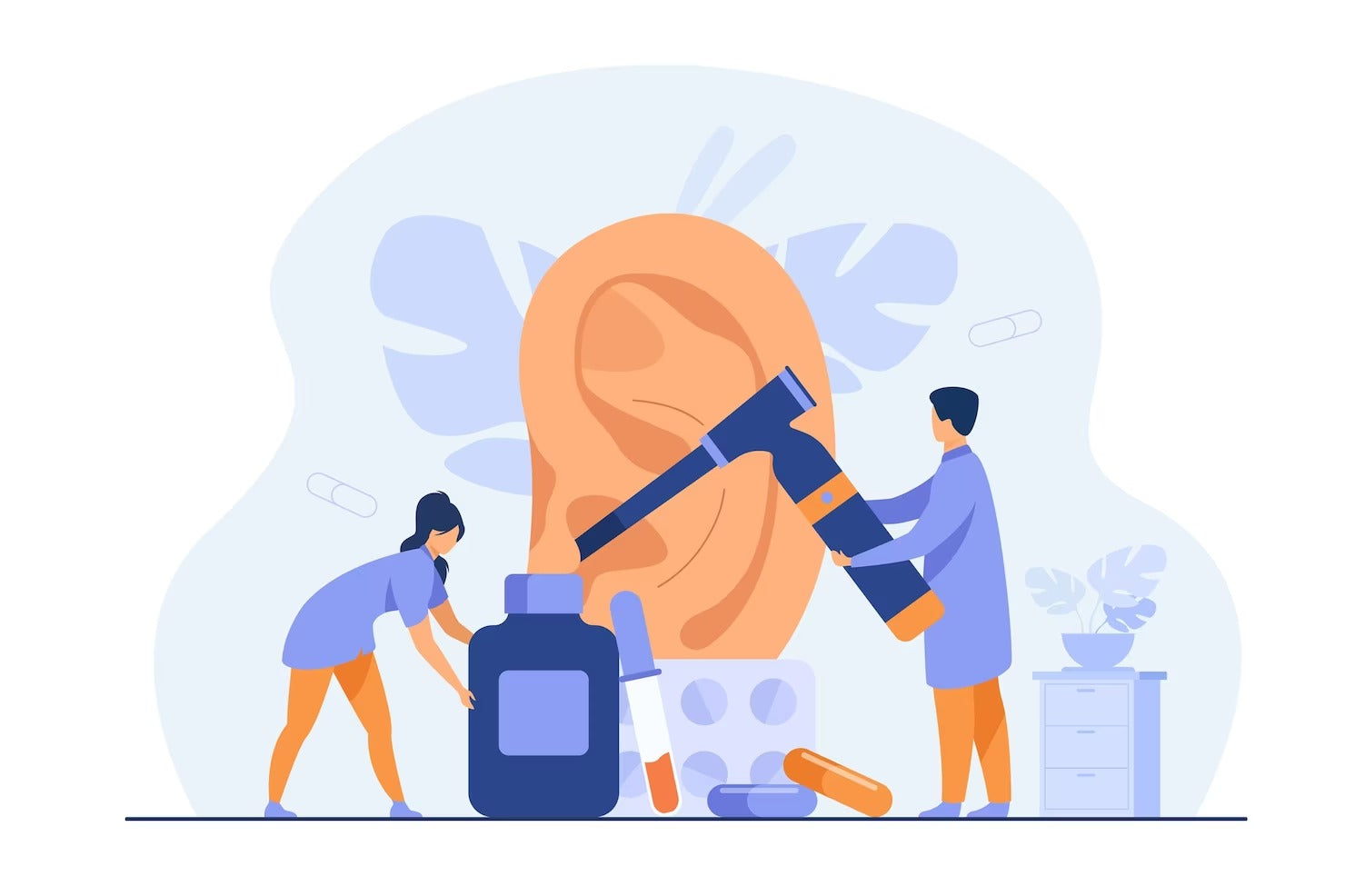Introduction
One of the most prevalent concerns that people struggling with hearing loss have is finding financial assistance for hearing aids. When medical illnesses and hearing loss come into contact with one another, it brings the world of grants that are created for certain health circumstances into sharper perspective. In this piece, we dig into the intricacies of such subsidies and investigate whether or not their assistance extends to fund hearing aids.
Investigating the Availability of Grants
The purpose of grants for certain medical diseases, which are typically made available by health organizations, foundations, or government authorities, is to make the financial burden of living with and managing these disorders a little bit easier to bear. They may pay for a variety of expenses, such as medical care, adapted equipment, and rehabilitation, and in certain cases, they may even pay for assistive devices like hearing aids.
Hearing aid coverage, on the other hand, is very dependant on the particular terms and circumstances of the grant being applied for as well as the nature of the medical condition being treated. Hearing aids may be covered by some grants designed expressly for those who suffer from hearing loss or illnesses associated to it, such as Meniere's disease or otosclerosis. For instance, the Hearing Loss Association of America (HLAA) provides the Howard E. "Rocky" Stone Endowment Fund to help those who are dealing with hearing loss. This fund has the potential to be applied toward the purchase of hearing aids.
Navigating Grant Eligibility
The procedure that is used to ascertain one's qualification for such awards is sometimes rather involved. When deciding whether or not to award a grant, grant providers will normally take into account the applicant's level of financial need, the particulars of the applicant's medical condition, and the manner in which the grant would improve the applicant's quality of life.
While some grants are quite inclusive and offer assistance to those dealing with a wide range of health problems, others are restricted to a single type of illness. In either scenario, the funding is often meant to help the applicant enhance their quality of life or their health in some way that is relevant to their particular disease. It is feasible that the grant might be used for this purpose if the applicant's hearing loss is the direct result of a covered medical condition and hearing aids will improve their situation. If this is the case, then the grant is eligible to be used for this purpose.
Maximizing Available Resources
To successfully navigate the world of grants, you will need patience as well as in-depth research. It is important to investigate a wide variety of materials and make direct contact with groups in order to receive direction. Your healthcare practitioner may also be a very helpful resource, as they can provide insight into your unique illness as well as potential avenues of assistance.
Conclusion
In the effort to make hearing aids more accessible to those who need them, grants designated for certain medical problems might be a potentially fruitful source of financial help. Having said that, it is absolutely necessary to get an understanding of the particulars of these awards and to adapt your requirements accordingly.
Hearing aids may not be covered by all grants, but there are many organizations that realize the significant impact that hearing loss has and are committed to supporting individuals in gaining the resources they require. As we continue to investigate these potentially beneficial routes, the possibility of improved auditory health and the potentially life-changing gift of sound is becoming an increasingly real possibility.
One of the most prevalent concerns that people struggling with hearing loss have is finding financial assistance for hearing aids. When medical illnesses and hearing loss come into contact with one another, it brings the world of grants that are created for certain health circumstances into sharper perspective. In this piece, we dig into the intricacies of such subsidies and investigate whether or not their assistance extends to fund hearing aids.
Investigating the Availability of Grants
The purpose of grants for certain medical diseases, which are typically made available by health organizations, foundations, or government authorities, is to make the financial burden of living with and managing these disorders a little bit easier to bear. They may pay for a variety of expenses, such as medical care, adapted equipment, and rehabilitation, and in certain cases, they may even pay for assistive devices like hearing aids.
Hearing aid coverage, on the other hand, is very dependant on the particular terms and circumstances of the grant being applied for as well as the nature of the medical condition being treated. Hearing aids may be covered by some grants designed expressly for those who suffer from hearing loss or illnesses associated to it, such as Meniere's disease or otosclerosis. For instance, the Hearing Loss Association of America (HLAA) provides the Howard E. "Rocky" Stone Endowment Fund to help those who are dealing with hearing loss. This fund has the potential to be applied toward the purchase of hearing aids.
Navigating Grant Eligibility
The procedure that is used to ascertain one's qualification for such awards is sometimes rather involved. When deciding whether or not to award a grant, grant providers will normally take into account the applicant's level of financial need, the particulars of the applicant's medical condition, and the manner in which the grant would improve the applicant's quality of life.
While some grants are quite inclusive and offer assistance to those dealing with a wide range of health problems, others are restricted to a single type of illness. In either scenario, the funding is often meant to help the applicant enhance their quality of life or their health in some way that is relevant to their particular disease. It is feasible that the grant might be used for this purpose if the applicant's hearing loss is the direct result of a covered medical condition and hearing aids will improve their situation. If this is the case, then the grant is eligible to be used for this purpose.
Maximizing Available Resources
To successfully navigate the world of grants, you will need patience as well as in-depth research. It is important to investigate a wide variety of materials and make direct contact with groups in order to receive direction. Your healthcare practitioner may also be a very helpful resource, as they can provide insight into your unique illness as well as potential avenues of assistance.
Conclusion
In the effort to make hearing aids more accessible to those who need them, grants designated for certain medical problems might be a potentially fruitful source of financial help. Having said that, it is absolutely necessary to get an understanding of the particulars of these awards and to adapt your requirements accordingly.
Hearing aids may not be covered by all grants, but there are many organizations that realize the significant impact that hearing loss has and are committed to supporting individuals in gaining the resources they require. As we continue to investigate these potentially beneficial routes, the possibility of improved auditory health and the potentially life-changing gift of sound is becoming an increasingly real possibility.


